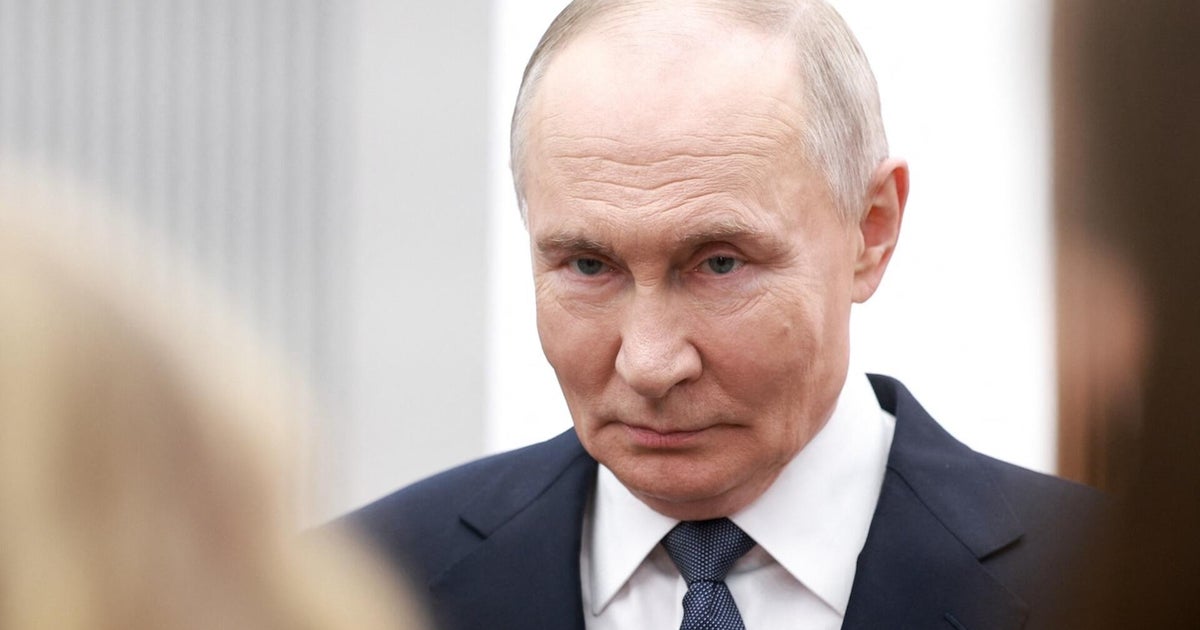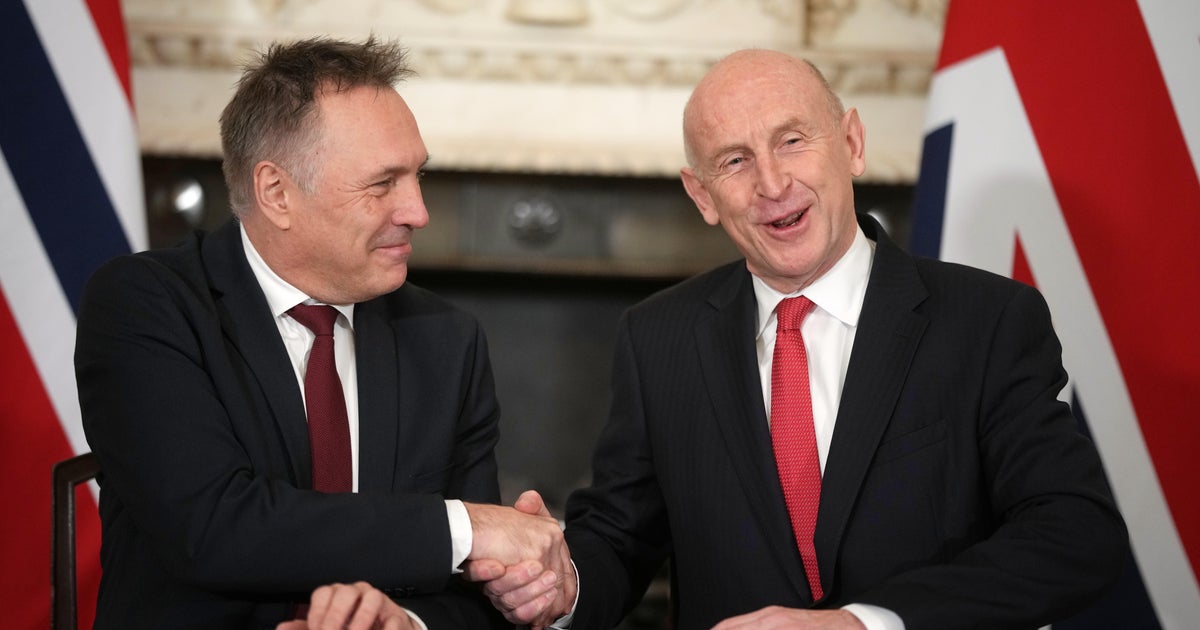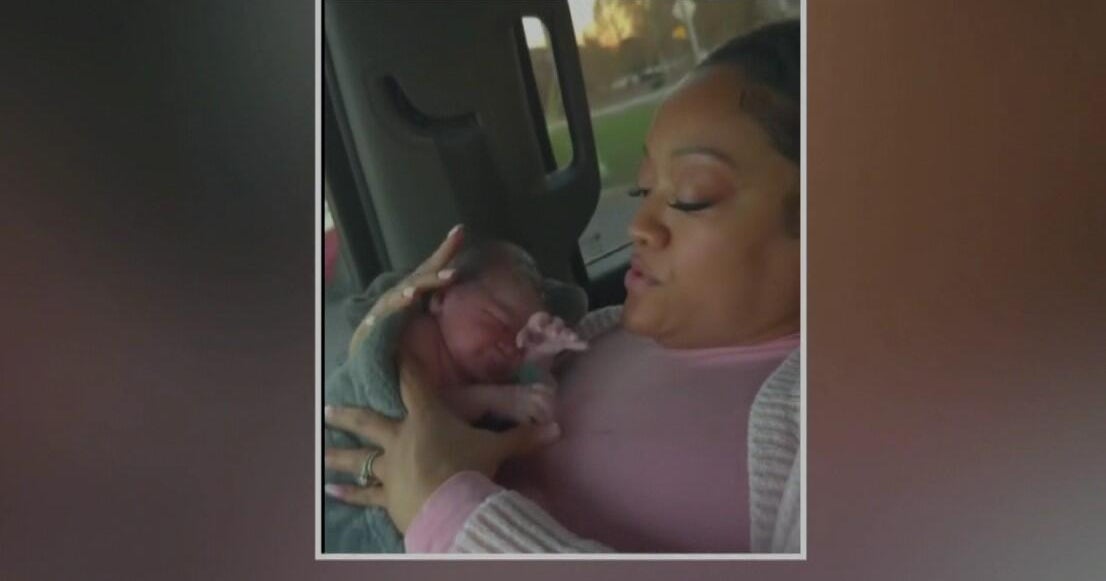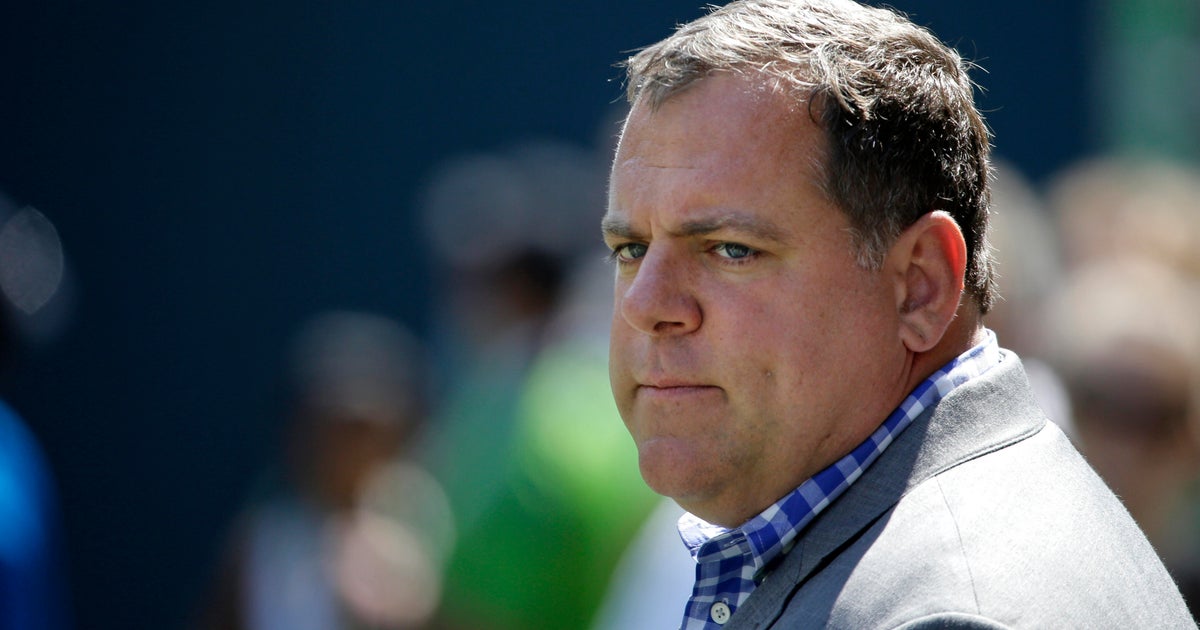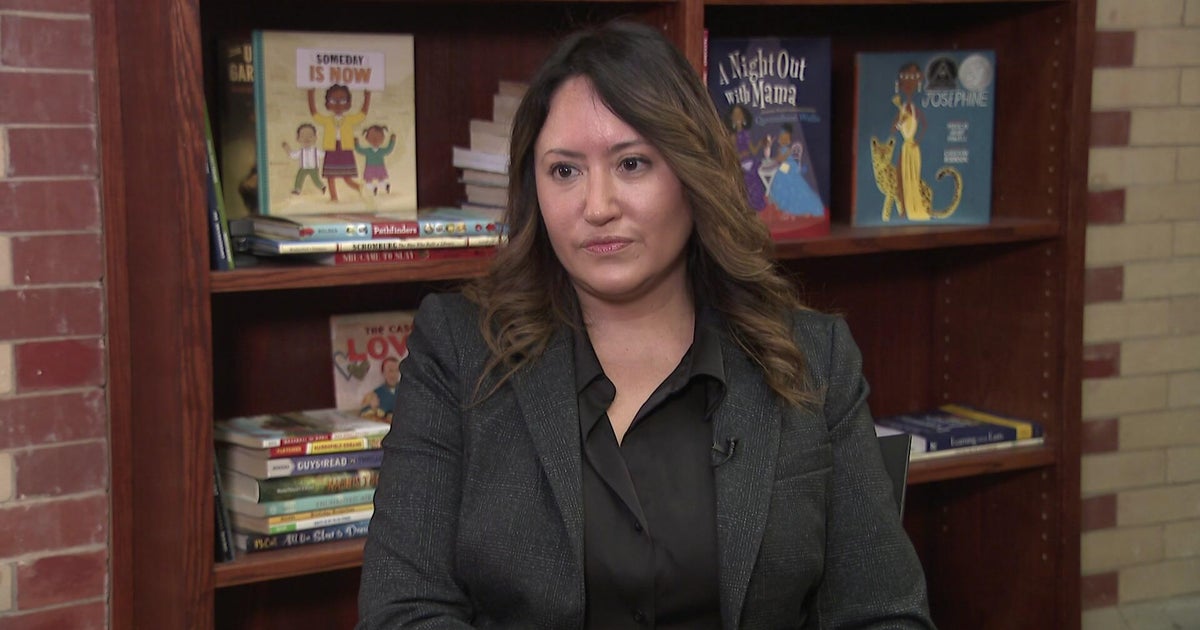Margaret Thatcher biographer on what "The Crown" gets right and wrong about the U.K.'s first female prime minister
British Prime Minister Margaret Thatcher, the first woman to hold the position, left office exactly 30 years ago Saturday.
Actress Gillian Anderson is earning stellar reviews for her portrayal of Thatcher in the new season of Netflix's "The Crown," reintroducing the polarizing figure and her legacy to a new generation.
But what does "The Crown" get right, and what was Thatcher like in real life?
"It captures something about her, which is her tremendous zeal to change the country and the great opposition that she often had in doing that from the establishment," authorized Thatcher biographer Charles Moore told CBS News' Jeff Glor.
While the Netflix series has great fun playing up the friction between Thatcher and Queen Elizabeth II, portrayed by Olivia Coleman, Moore said that was not the case.
"In personal terms, it gets it wrong with Mrs. Thatcher and the Queen," Moore said. "Because it shows something that never happened, which is rudeness."
What is true is that when Thatcher was first elected prime minister in 1979, she arrived at 10 Downing Street with huge fanfare and a mandate for change — as Britain tilted to the right.
Born in 1925, Margaret Thatcher had modest beginnings as the daughter of a grocer before becoming the most powerful woman in the world.
The conservative leader used her power abroad to reinforce British influence, and at home to beat back unions.
"This year, we have had the lowest number of strikes since the whole of the post-war period," she once boasted in Parliament.
Her ascension marked somewhat of a revolt against England's long-engrained class system, which the royal family sits at the very top of.
Thatcher's eventual downfall came, in part, from what has become a familiar point of contention — Britain's role in the new European Union.
"Most of her senior colleagues were very pro what later became the European Union. And she was not. And they got very worried about this," Moore explained.
Then, according to Moore, "they edged her towards the door."
Thatcher resigned before the end of her third term rather than risk losing an election — something that had never happened to her.
The former world leader died in 2013. Today, three decades after she left power, most historians rank Margaret Thatcher as the most important English leader since Winston Churchill.
"I think it's undoubted that she could — with the rhetoric and the devotion to duty and the master of detail and the sense of purpose — get a long way," Moore said. "It's that capacity to get a long way, which seems to have slipped from us in recent years."
